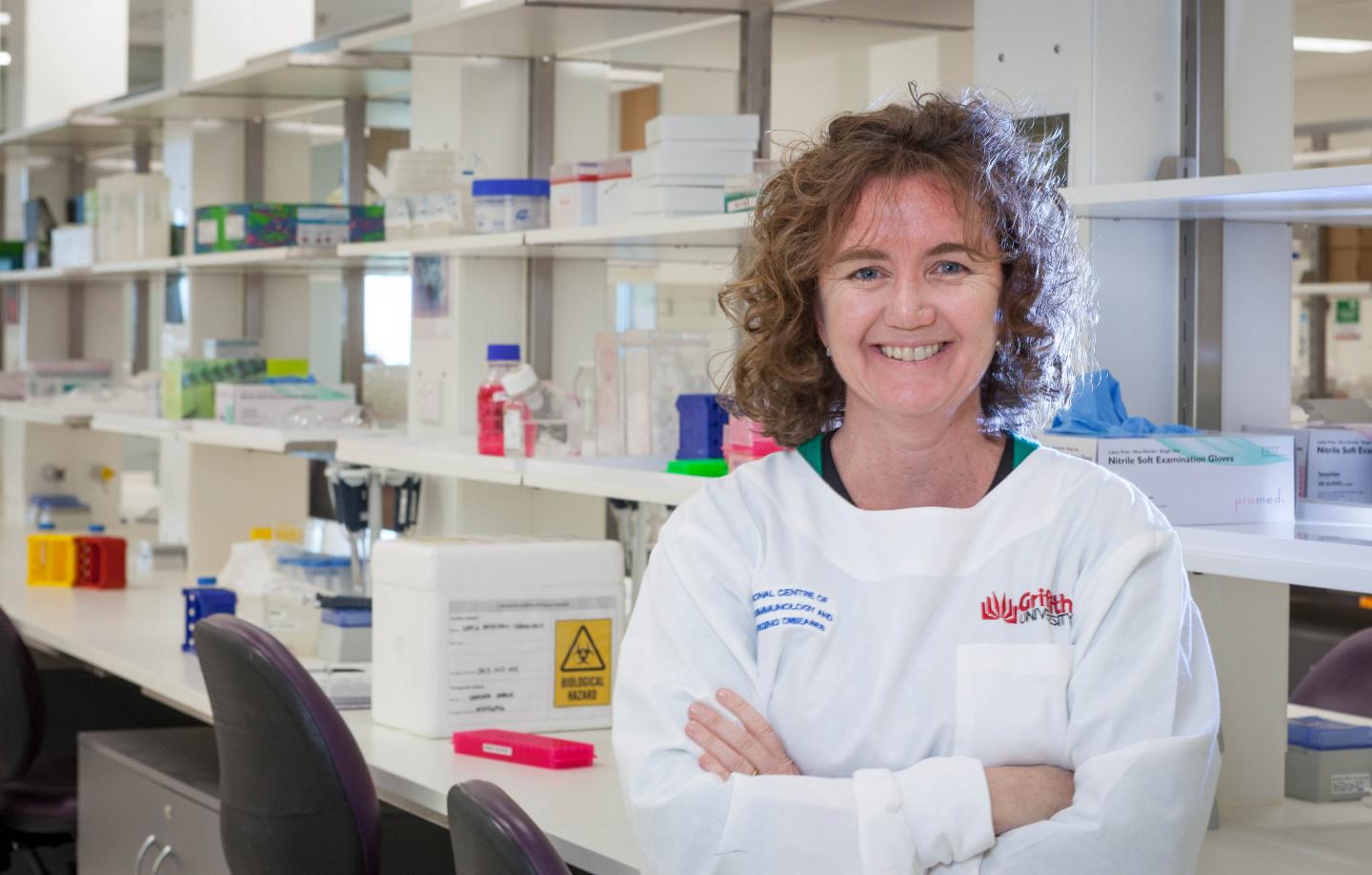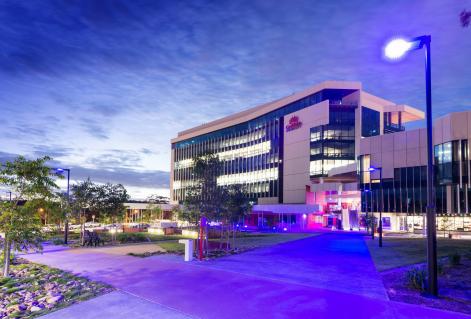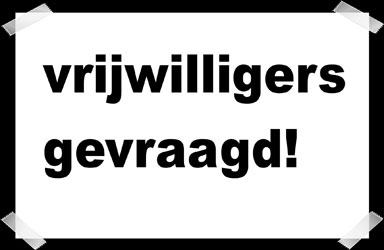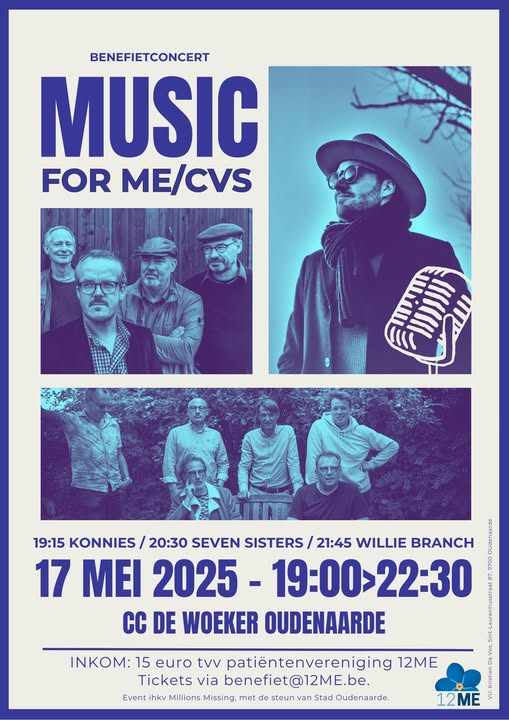
Persbericht 10 mei 2016. Griffith University
Nieuwe bevindingen met betrekking tot de pathologie van ME/cvs brengen onderzoekers van de Griffith University dichter bij het identificeren van de oorzaak van deze invaliderende ziekte
Dit is het nieuws van een team aan het National Centre for Neuroimmunology and Emerging Diseases aan het Menzies Health Institute Queensland.
De professoren Marshall-Gradisnik en Don Staines en hun onderzoeksteam hebben significante beperkingen in de cellulaire functie van mensen met ME/cvs geïdentificeerd.

Professor Sonya Marshall-Gradisnik © Murray Rix
CVS – ook wel bekend als ME (myalgische encefalomyelitis) – is een complexe ziekte die wordt gekenmerkt door geheugen- en concentratieproblemen, metabole, cardiale, darm- en immuundisfunctie en slopende spierpijn en vermoeidheid na inspanning (ook bekend als neuro-immune uitputting).
Er wordt geschat dat de prevalentie van ME/cvs wereldwijd tussen 1 en 2 procent is. (nvdr. deze schatting is volgens de veel te ruime Reeves criteria, volgens de striktere Canadese criteria bedraagt de schatting van de prevalentie voor ME/cvs 0.11%)
“Terwijl het pathologisch mechanisme van ME/cvs onbekend is, verschaffen deze recente bevindingen door de onderzoekers va NCNED verder bewijs voor de pathologie van deze ziekte,” zegt Professor Sonya Marshall-Gradisnik, die deze uitspraak doet in aanloop naar de Internationale ME/cvs Awareness Day op donderdag 12 mei [2016].
De resultaten, die in het Journal of Translational Medicine werden gepubliceerd, rapporteren significante verschillen in de intracellulaire signalering van de cellen bij ME/cvs-patiënten.
“In deze groep zien we dat disfunctionele signalering kan bijdragen aan een verminderde celactiviteit. Deze bevindingen zijn consistent met onze eerdere bevindingen en zijn in lijn met de presentatie van symptomen bij patiënten,” zegt Professor Staines.
De huidige onderzoeksbevindingen bouwen voort op recente ontdekkingen waaronder de nieuwste identificatie van belangrijke genetische veranderingen in de cellen van het immuunsysteem.
De NCNED – internationaal erkend voor zijn onderzoek naar ME/cvs – zal een seminarie presenteren over de huidige onderzoeksresultaten met betrekking tot deze ziekte op donderdag 12 mei, Internationale ME/cvs Awareness Day, op de Griffith University, Gold Coast Campus, vanaf 13.00 uur, locatie G17, Lezing theater 3.
De Griffith University zal ook het Griffith Health Centre oplichten in blauw om mee te helpen het bewustzijn voor ME/cvs te vergroten.

Het Griffith Health Centre licht in paars en blauw op ter ere van 12 mei, Wereld ME/CVS- en fibromyalgiedag © Griffith University
© Griffith University. Vertaling Meintje, redactie ME-gids.
ERK1/2, MEK1/2 and p38 downstream signalling molecules impaired in CD56dimCD16+ and CD56brightCD16dim- natural killer cells in Chronic Fatigue Syndrome/Myalgic Encephalomyelitis patients.
Journal of Translational Medicine201614:97. doi: 10.1186/s12967-016-0859-z.
Huth TK, Staines D, Marshall-Gradisnik S.
Abstract
Background
Natural Killer (NK) cell effector functions are dependent on phosphorylation of the mitogen-activated protein kinases (MAPK) pathway to produce an effective immune response for the clearance of target cells infected with viruses, bacteria or malignantly transformed cells.
Intracellular signals activating NK cell cytokine production and cytotoxic activity are propagated through protein phosphorylation of MAPKs including MEK1/2, ERK1/2, p38 and JNK.
Reduced NK cell cytotoxic activity is consistently reported in Chronic Fatigue Syndrome/Myalgic Encephalomyelitis (CFS/ME) patients and intracellular signalling by MAPK in NK cells remains to be investigated.
Therefore, the purpose of this paper was to investigate MAPK downstream signalling molecules in NK cell phenotypes from CFS/ME patients.
Methods
Flow cytometric protocols were used to measure phosphorylation of the MAPK pathway in CD56brightCD16dim/- and CD56dimCD16+ NK cells following stimulation with K562 tumour cells or phorbol-12-myristate-13-acetate plus ionomycin.
NK cell cytotoxic activity, degranulation, lytic proteins and cytokine production were also measured as markers for CD56brightCD16dim/- and CD56dimCD16+ NK cell function
using flow cytometric protocols.
Results
CFS/ME patients (n = 14) had a significant decrease in ERK1/2 in CD56dimCD16+ NK cells compared to the non-fatigued controls (n = 11) after incubation with K562 cells.
CD56brightCD16dim/- NK cells from CFS/ME patients had a significant increase in MEK1/2 and p38 following incubation with K562 cells.
Conclusions
This is the first study to report significant differences in MAPK intracellular signalling molecules in CD56dimCD16+ and CD56brightCD16dim/- NK cells from CFS/ME patients.
The current results highlight the importance of intracellular signalling through the MAPK pathway for synergistic effector function of CD56dimCD16+ and CD56brightCD16dim/- NK cells to ensure efficient clearance of target cells.
In CFS/ME patients, dysfunctional MAPK signalling may contribute to reduced NK cell cytotoxic activity.
Keywords:
Natural killer, Cytotoxic, Cytokine, Intracellular signalling,
Mitogen-activated protein kinase signalling, Chronic Fatigue Syndrome/Myalgic Encephalomyelitis
http://translational-medicine.biomedcentral.com/articles/10.1186/s12967-016-0859-z
© Huth et al., 2016. (CC BY 4.0)
Toelichting Frank Twisk:
Huth: afwijkingen in de interne werking van CD56 NK-cellen van ME/CVS-patiënten
Lees ook








 Save the date: op zaterdag 17 mei organiseert 12ME in Oudenaarde een benefiet voor ME/CVS!Drie bands zullen met singer-songwriter muziek de avond opluisteren: Konnies, [...]
Save the date: op zaterdag 17 mei organiseert 12ME in Oudenaarde een benefiet voor ME/CVS!Drie bands zullen met singer-songwriter muziek de avond opluisteren: Konnies, [...]
